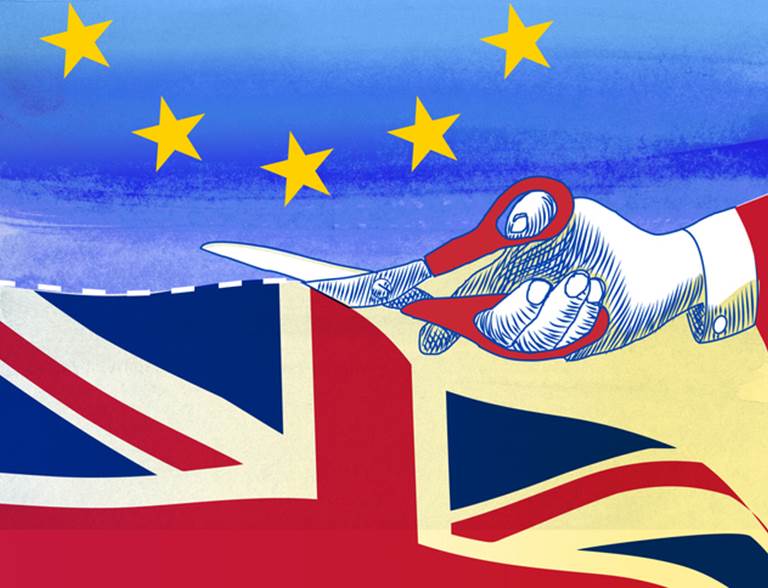
Post-Brexit pension partners in the EU: Denmark
The UK’s departure from the EU occasions a new need to cooperate in respect of various pension themes. In previous blogs we described the necessity for this and we looked at what we could do together with France to achieve sustainable investment. This time we visit Denmark, the country that is considered to have the second best pension system in the world.
Mercer’s challenge cup
The end of 2018 saw the publication of the latest report by the Australian pensions assessor Mercer. In this year’s assessments the Netherlands took first place, ousting Denmark from the top position. Why is it that our systems score so highly?
The Mercer pension index assesses systems around the world on adequacy, sustainability and integrity. A combination of strong scores for the first two of these pillars, together with robust economic recovery and rapidly increasing job participation among older people, have once again given us reason to be proud of our pension system. The difference between the Dutch and Danish scores is slight; we are notthe only European country in which things are well organised.
Different challenges
The pension system in Denmark is different from that in the Netherlands. The Danes have a Defined Contribution scheme, so what they are sure of is how large their contribution towards their pension will be. The Dutch, on the other hand, have a Defined Benefit scheme, which means that they have greater certainty of what the outcome of their pension will be. The two countries thus face different risks and possibilities.
Greater personal pension accrual makes the Danish system better prepared for an increasingly more flexible job market and a changing demographic makeup. Mercer consequently rates this kind of system more highly in respect of sustainability.
As far as our own system is concerned, this Danish flexibility could teach us a thing or two. Challenges such as ensuring good pensions for the self-employed remain tricky, however: like us, the Danes have not yet found a clear answer to this.
An adequate pension
These differences do not necessarily imply a difference in quality. The focus is on ensuring that the participant ultimately has an adequate pension. But what makes a pension benefit adequate? The issues here are the prevention of poverty among elderly people, the relative income compared to income during active employment, and the term of the pension benefit.
Within the European context, Denmark and the Netherlands score well on all of the above. In both countries, less than ten percent of over-65s live under the poverty line, whereas in countries like Germany and Belgium this figure is in excess of 15 or even 20 percent. Disposable income is high too: the pension benefit amounts to about 70 percent of the average salary1. What’s more, participants in these countries are guaranteed a pension for life.
Mandatory accrual, which is guaranteed in the Mercer Index’s top 2 countries, contributes to making pensions adequate. Mandatory pension accrual has been proved to stimulate sufficient pensions for all working people; pension contributions by the young as well as the old contribute to a carefree old age.
In a changing Europe it is important for us to cherish these achievements and to promote them. Despite the fact that we have different systems and face different challenges, the achievements in respect of providing adequate pension schemes demonstrate that the Netherlands and Denmark have a lot in common.
These systems based on large collectives need to be able to continue to function in a changing European context. Many EU countries are struggling to keep government spending under control due to, among other things, the fact that pensions are fully financed from the state coffers. This is not the case in Denmark and the Netherlands where collective pension systems help to stabilise collective expenses in the long term.
The departure of the UK from the EU makes it even more important for the Netherlands and Denmark to bundle their efforts to promote strong and adequate pensions.
Nationally, this means cherishing a system every participant can rely on. In terms of Europe, it means teaming up in spreading a positive message and acting as a source of inspiration for the other member states.
This is the third blog in our series about post-Brexit pension alliances.
Authors: Michel de Jonge, Nine de Graaf and Peter Oortmann (trainee Public Affairs)
Share or Print Article
click on the icon




